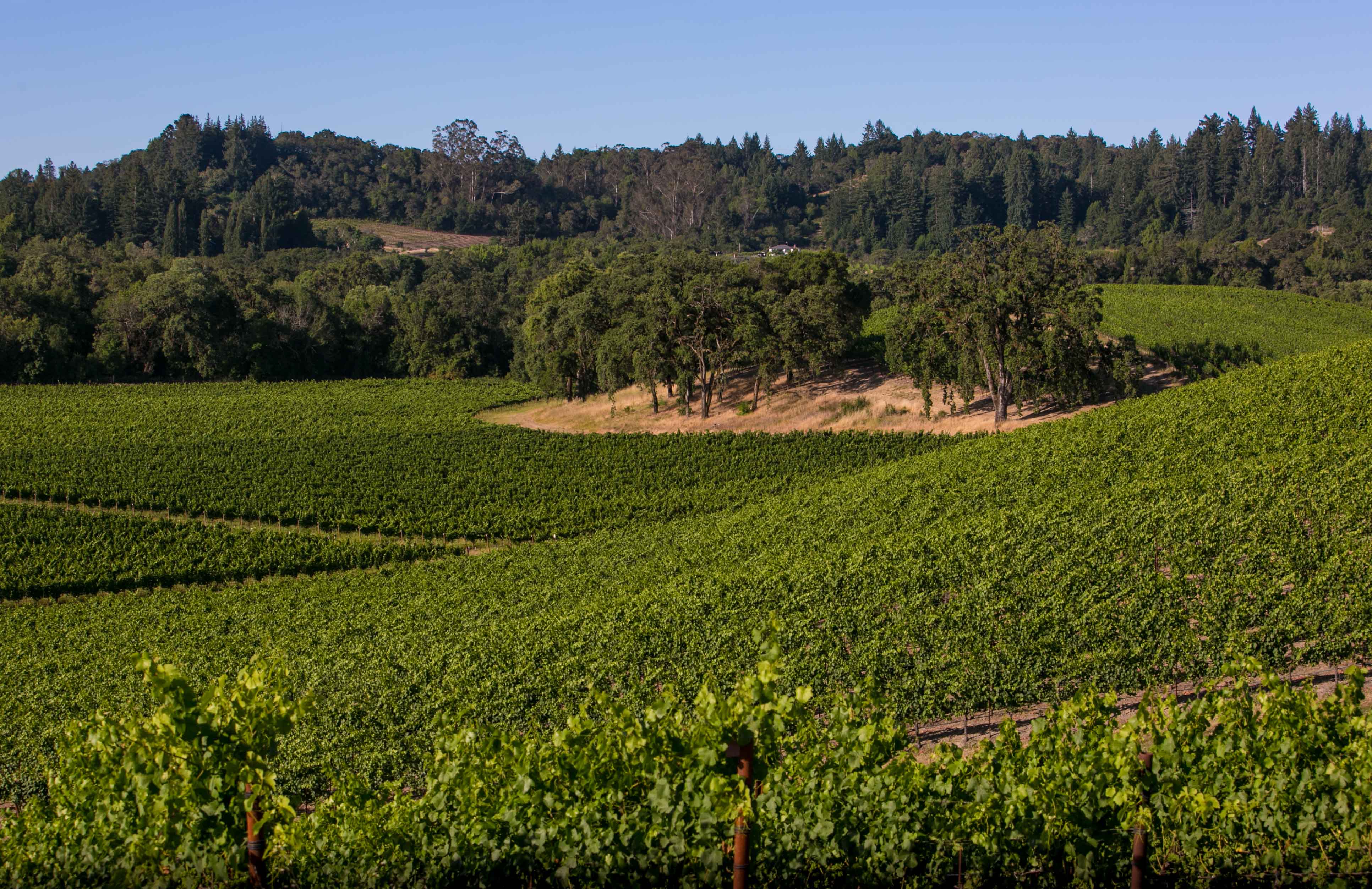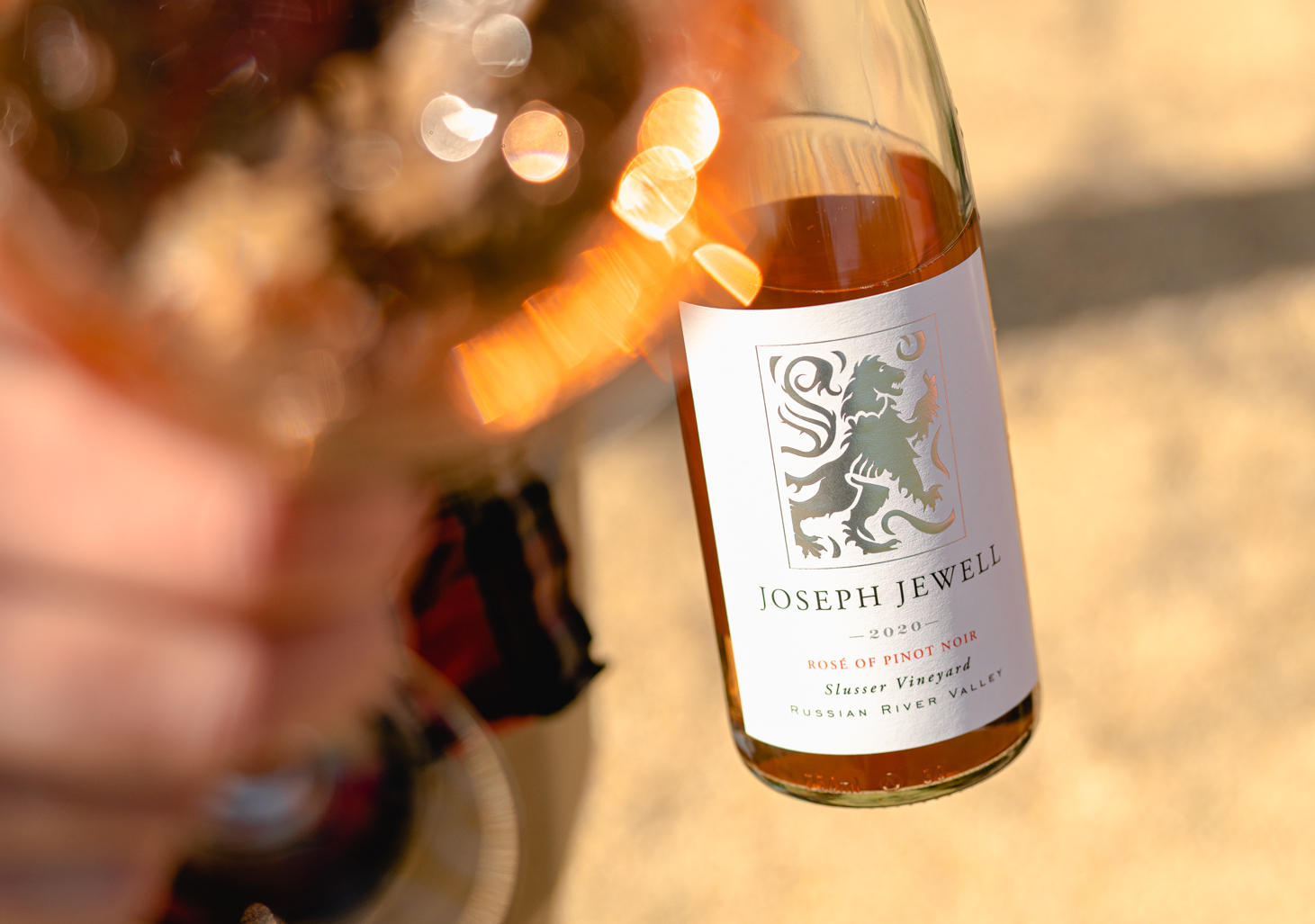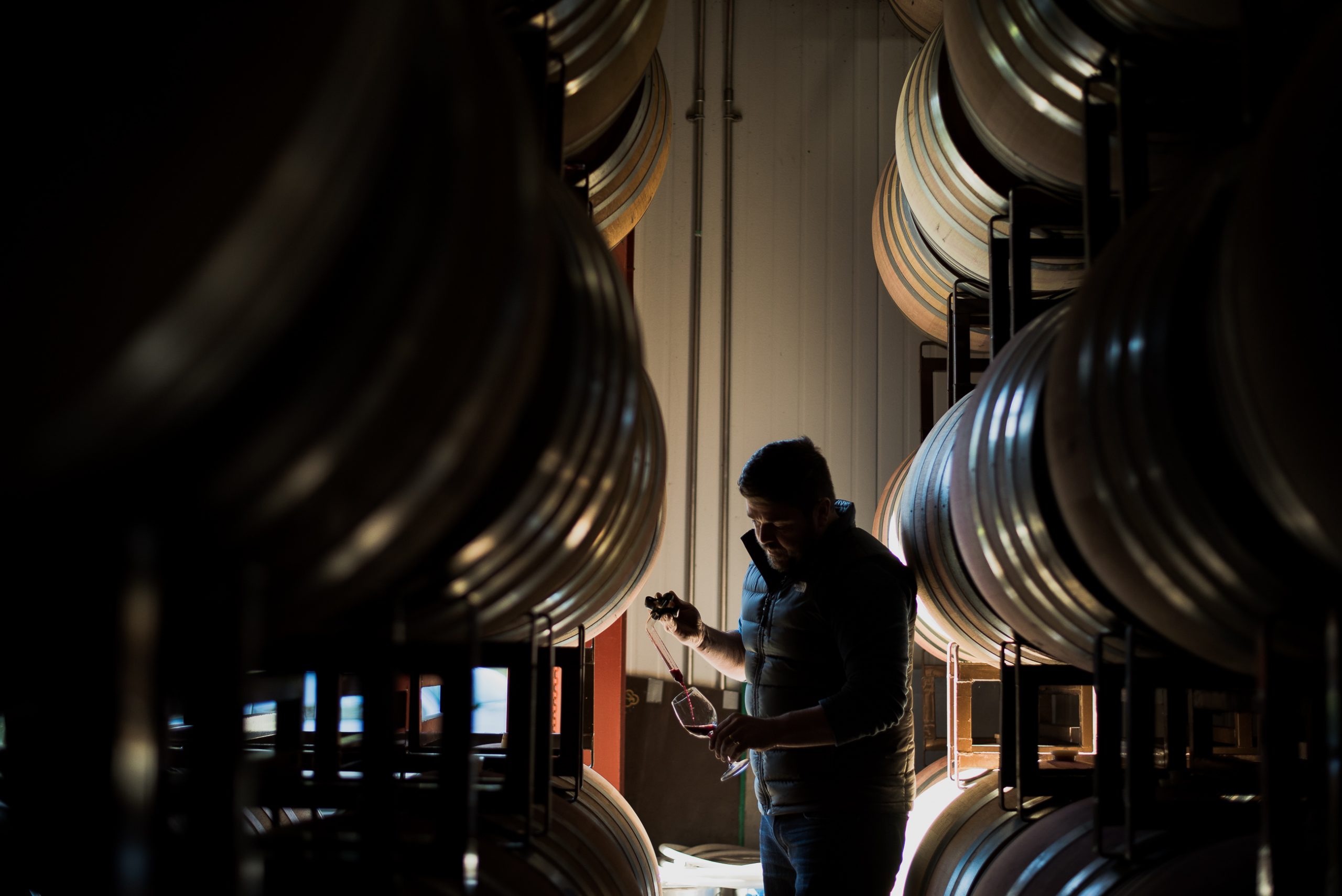26 Jul How is Rosé Wine Made?
Thanks to our very brief history of rosé, we know that rosé has been made around the world for quite some time now. But how exactly is it made? Traditionally there are three ways to make rosé. Depending on who you talk to, you’ll get a different answer as to which is the “best” way to make it. Essentially, winemaking doesn’t really have any hard-and-fast rule to what is “correct.” There are rough guides of how to do things, but part of the beauty of winemaking is that it's a blend of art and science. Everyone has their interpretations, and that’s okay. As the saying goes, “ask four different winemakers a question, you’ll get 16 different answers.” For the most part, rosé is made in the following ways… courtesy of Wine Folly Direct...






